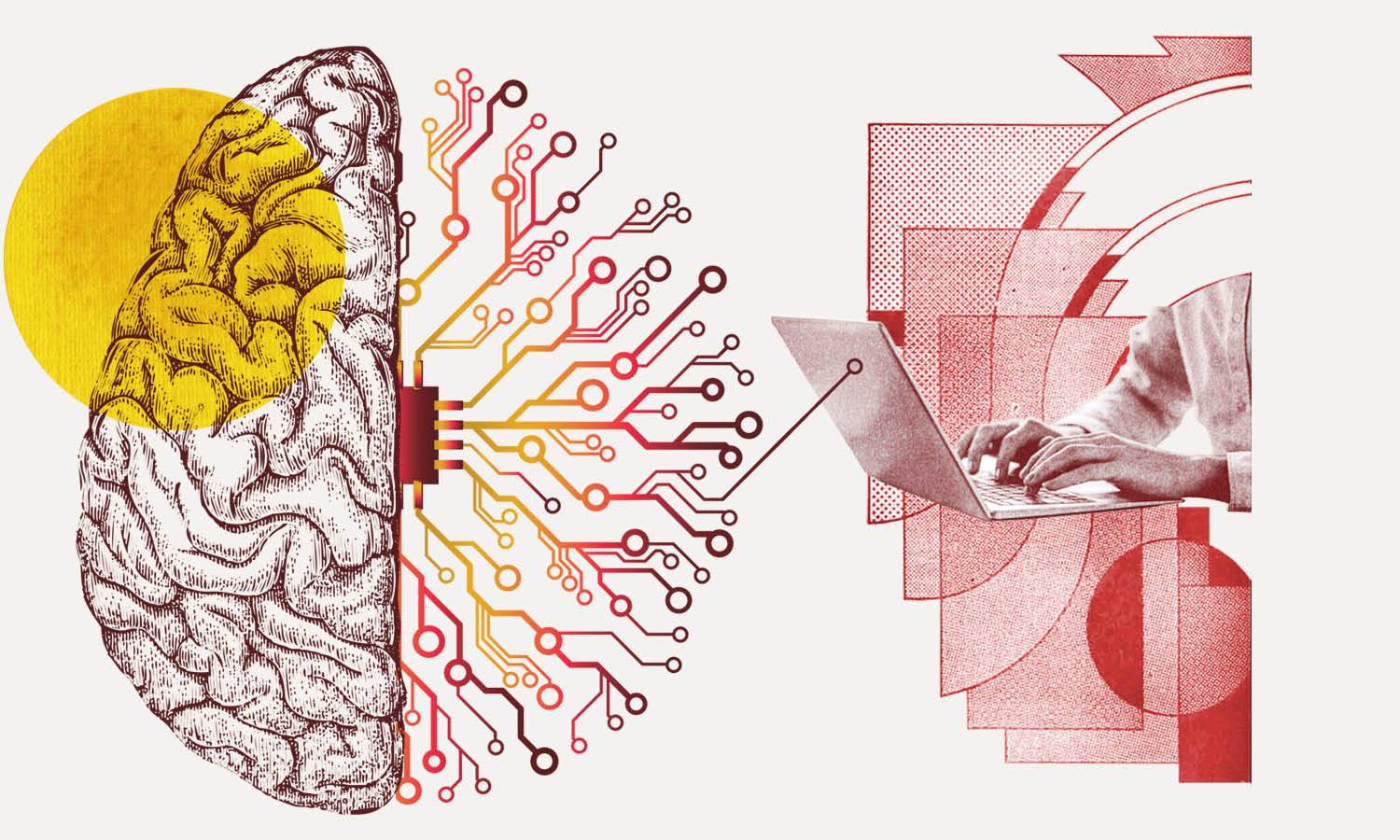Ekin directs the Center for Analytics and Data Science (CADS), which TXST launched in 2023 to serve as a hub for interdisciplinary analytics, data science, and AI research. More than 20 faculty members from seven colleges make up the CADS research team, which conducts work in fields ranging from public health and safety to computer science, agriculture, and transportation.
In 2024, CADS issued its inaugural Catalyst Research Awards, providing funds and tailored research support services to AI projects across the university.
The center is also dedicated to AI training and has begun developing training programs and AI literacy modules to support faculty and students. In 2023, the National Science Foundation awarded TXST a $400,000 grant as part of its Expanding AI Innovation through Capacity Building and Partnerships program.
The project will help build a skilled workforce capable of advancing AI technologies while addressing ethical, societal, and technical challenges. Along with Ekin, it’s co-led by Dr. Jelena Tesic, an associate professor in the Department of Computer Science; Dr. Damian Valles Molina, an associate professor of electrical engineering; Dr. Apan Qasem, a professor of computer science; and Dr. Lucia Summers, an associate professor of criminal justice.
For his part, Ekin first began using AI tools when working with government entities to tackle healthcare fraud. With statistical and data mining efforts, he helped uncover potential fraud patterns by checking healthcare claims.
Currently, Ekin is working on an Air Force-funded project to make its AI models more secure in the face of adversarial machine learning and AI. The grant, worth just over $200,000, focuses on minimizing the effects of saboteurs who may target AI systems by altering data and model inputs, which can create dangerous responses in AI programs.
“My objective is to understand the potential attacks against different types of artificial intelligence algorithms and how we can improve the strength of the basic AI algorithms,” Ekin explains.
